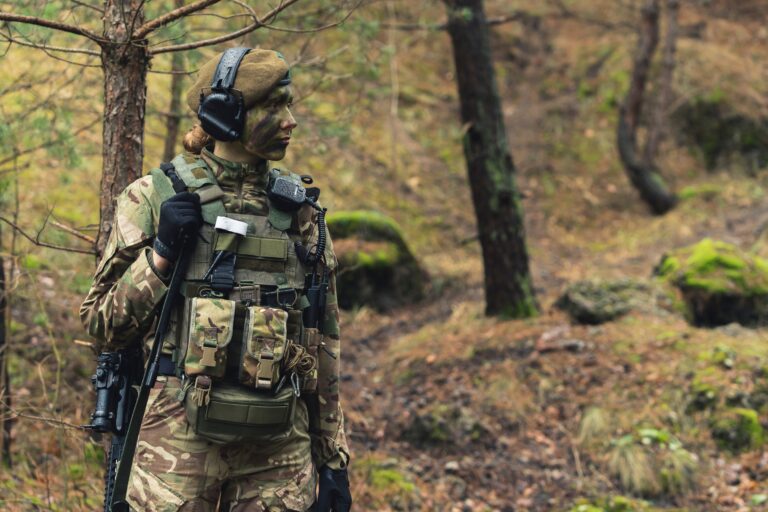
Don’t call me pretty: Why outdated views of females in the forces must change
The tragic death of Gunner Jaysley Beck sent shockwaves across the military community when the inquest into her death concluded the Army failed to take action over the harassment she was suffering from her line manager. But the actions which resulted in her death are not a problem of the past but rather a sign of the toxic misogyny which persists in the Armed Forces.
Many of Jaysley’s friends were shocked by the way she had been treated, with a male friend commenting that her “flaw” was that she was “pretty” which made her a constant target. Another female colleague described her as “beautiful” and said she was bound to be subject to harassment and “disgusting comments” from male soldiers.
Jaysley’s family hope the findings of the inquest into her death will lead to significant changes to how women are treated in the Armed Forces, as well as improvements to how their complaints are investigated. Despite past promises by the MoD that conditions for women would change, stories like Jaysley’s and those of Sophie Brook, who revealed a toxic culture of misogyny in the Royal Navy, show that much more needs to be done to protect female service personnel.
It is clear this is not a new problem.
More than 10 years ago, a Reddit thread which asked women in the Armed Forces to share their experiences of sexism and sexual harassment went viral. The post received over 30,000 comments, many of which detailed alleged bullying, rape and threatening behaviour.
One of the most common complaints made by women was they felt their authority was being questioned because of their gender. A further study in 2015 found that nearly four out of 10 women in the Army received unwanted comments or were exposed to material of a sexual nature in the preceding year.
Recent investigations into the allegations of a widespread culture of sexual assault, harassment and misogyny in the Royal Navy submarine service, prompted by Ms Brook, further highlights things are not improving.
The results of the probe, which covered complaints over a six year period from 2014 to 2020, confirmed women in the submarine service had suffered misogyny, bullying and other unacceptable behaviour which was widespread.
Following the inquest into Jaysley’s death, many female soldiers described their experiences of harassment in the forces on the Fill Your Boots social media account, which resulted in the head of the Army, General Sir Roly Walker expressing how disgusted he was at what was still going on. Vice Admiral Phil Hally, who is the head of Defence People, urged personnel who sent their accounts to the Fill Your Boots social media account to contact the Defence Serious Crime Command.
It is well known and was further highlighted during the inquest into Jaysley’s death that the inadequacies of the service complaints process often serve as a deterrent to cases of harassment being reported and receiving the proper investigation they need and deserve.
There have been calls for fundamental reform of the complaints system with two major reviews in 2019 and 2021 calling for a central, independent service complaint team. But significant change is still awaited.
The MoD as an organisation must prioritise the need to remedy its cultural and institutional problems, and an overhaul of the current service complaint process must be at the centre of that.










